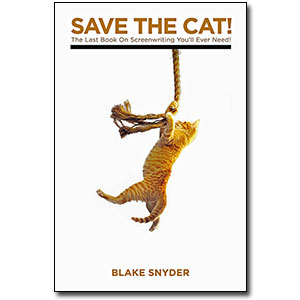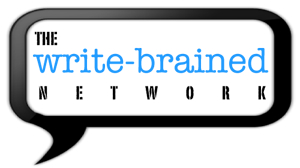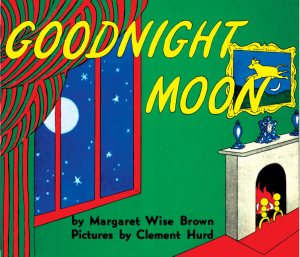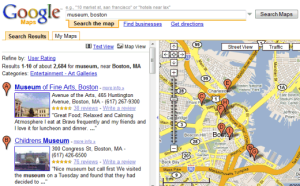“The Straight Dope” highlights common grammatical errors—so you can stop looking dopey when you do these things incorrectly. 🙂
Please note: Unless otherwise specified, these are the proper grammar and formatting rules according to Chicago style—the style in which you should be writing, if you’re writing fiction—and some nonfiction. (So don’t give me a laundry list of reasons why some other way is correct. It *might be*, in AP style or APA style or MLA formatting . . . but that’s not what I’m talking about here.)
—
This is actually one I got a request to do*—which is funny because it’s one that’s been nagging me a lot lately, since I have nothing else to worry about (sarcasm).
THE PROBLEM
Okay, so I’m seeing a lot of instances where people are using “entitled” when I think it should be “titled.” What’s the difference? And what’s correct??
I consulted a number of sources** on this one because I like these “Straight Dopes” to be as black and white as possible.
Unfortunately, however, this one is pret-ty hairy. I hate that! It also contradicts what I formerly got all snootastic about—and, of course, I don’t like that either!
But, being that it’s so confusing, it’s def worth the discussion.
ENTITLED
In a general sense, ENTITLED is a transitive verb* that means something or someone has been given a right or a claim to something.
*Sorry to get all grammar geek on you with “transitive verb,” but that basically means (in this sense), it’s used as in: X entitles you to Y. A transitive verb requires that there’s both an object and a direct object—and that they both have a relationship with the verb.
In normal-people English: something/someone is being entitled and something is being entitled to something else.
Make sense? Ish?
Example:
Since you didn’t sign a pre-nup, you are entitled to half your spouse’s earnings.
(DISCLAIMER: I’m no lawyer—it’s just an example!)
Back to grammar-geek speak for a minute: You is the thing BEING entitled—and your spouse’s earnings is the thing being entitled TO something.
But I digress.
Okay, so, here’s the part I don’t like. According to all these sources, ENTITLED is also the past tense of a verb that means to give a name or title to.
Translation: The following are technically correct.
She finished her book, which was entitled 10 Things I Hate About Sue.
I should have entitled this post “Entitled vs. Titled—Prepare to Have Your Minds Blown.”
Ew, I know. I can hardly believe I’m saying it!!
—
TITLED
TITLED is an adjective that means having a title—especially a noble title.
Sir Elton John and Dame Judy Dench are both titled individuals.
To make this even more confusing, TITLED is also the past tense of the verb TITLE (duh), which means to provide a title for or to designate or call by a title.
So that means the following are *also* technically correct:
She finished her book, which was titled 10 Things I Hate About Sue.
I should have titled this post “Entitled vs. Titled—Prepare to Have Your Minds Blown.”
AHH! *hides*
WHAT HAVE WE LEARNED? *scratches head*
Basically, you can’t go wrong. I mean, you *can*—not all of the uses of these two words are synonymous—but in the sense of what we’re trying to clear up, you really can’t.
THE GOOD NEWS: If you’re one of those who feels like “entitled” should only be used in the You forgot our anniversary, so I am entitled to foot massages for life sense and “titled” should only be used when referring to actually giving a title to something sense, you’re not wrong. You’re perfectly within your right—you’re entitled (see what I did there?)—to keep using those words that way.
THE BAD NEWS: You can’t be snarky about people using “entitled” the way you don’t like it, because they are also correct.
ADVICE
Grammar Girl puts it nicely when she says that going simple is almost always better. (But I’ll admit, I like that in part because, in saying that, she suggests “titled” is simpler than “entitled”—fewer letters—and that jibes with my preferred method.)
Better still? Her suggestion of avoiding the confusion altogether by not even using those words—or by rewording the sentence.
She finished her book, 10 Things I Hate About Sue.
I should have called this post “Entitled vs. Titled—Prepare to Have Your Minds Blown.”
There you have it, my friends. Snark responsibly.
—
*Have a suggestions for a “Straight Dope” post? Shoot me an e-mail (ricki [at] rickischultz [dot] com)!
**Merriam-Webster, Dictionary.com, Purge Your Prose of Problems: A Book Doctor’s Desk Reference (Bobbie Christmas), and The Grammar Devotional: Daily Tops for Successful Writing from Grammar Girl (Mignon Fogarty)

































